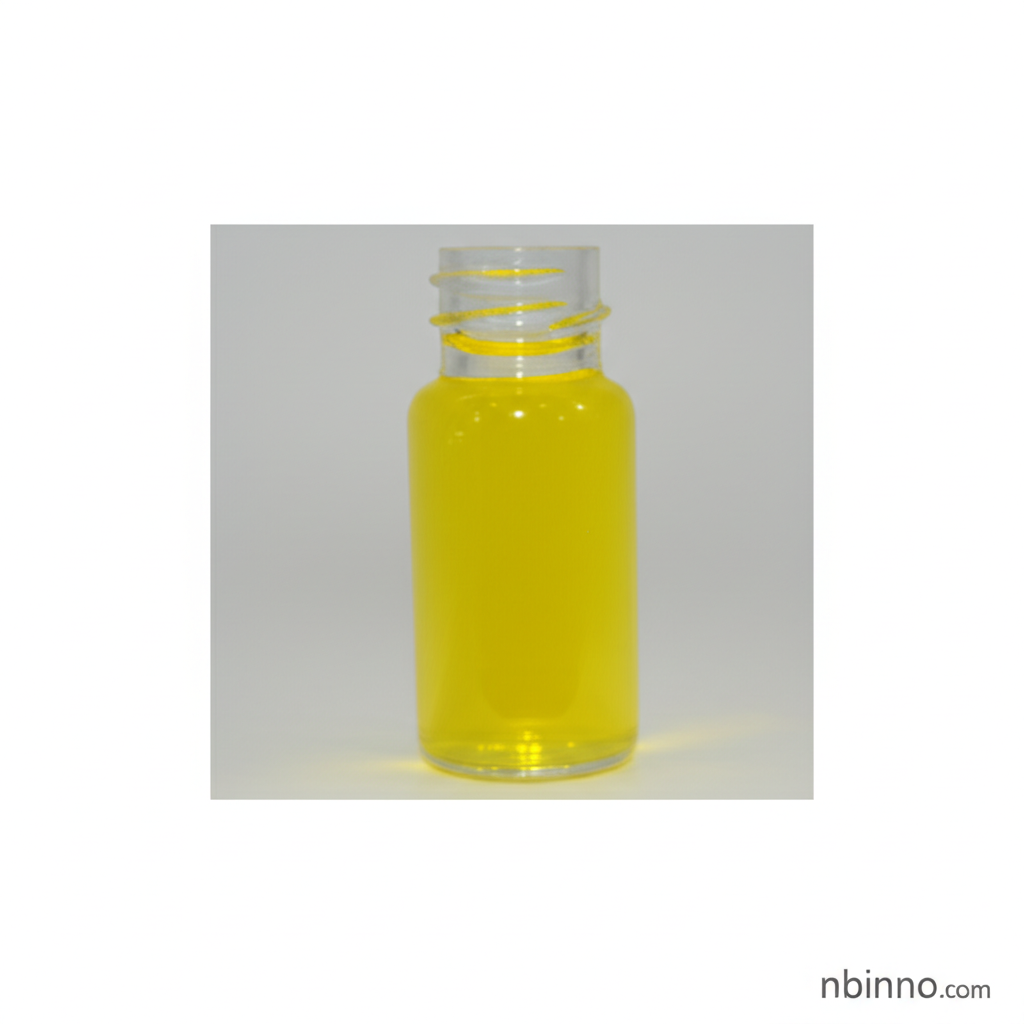2-Chlorobenzylamine: A Key Intermediate for Pharmaceutical and Chemical Synthesis
Discover the versatile applications and properties of 2-Chlorobenzylamine, a crucial component in modern chemical industries.
Get a Quote & SampleProduct Core Value

2-Chlorobenzylamine
This article provides a comprehensive overview of 2-Chlorobenzylamine, a significant chemical compound with the CAS number 89-97-4. It serves as a vital intermediate, particularly in the pharmaceutical industry, contributing to the synthesis of various active pharmaceutical ingredients. Its utility extends to organic synthesis, where it functions as a versatile reagent for creating complex molecules.
- Explore the diverse 2-chlorobenzylamine uses in pharmaceutical synthesis, leveraging its unique chemical structure to develop new therapeutic agents.
- Understand the fundamental role of 2-chlorobenzylamine as a core chemical intermediate, facilitating critical reactions in fine chemical manufacturing.
- Learn about 2-chlorobenzylamine in organic synthesis, recognizing its value as a reagent for building sophisticated organic compounds and materials.
- Discover key insights into 2-chlorobenzylamine's CAS number 89-97-4, essential for accurate sourcing and regulatory compliance.
Key Advantages
Versatile Chemical Intermediate
2-Chlorobenzylamine acts as a fundamental building block, enabling the efficient synthesis of a wide range of valuable compounds for pharmaceutical and industrial applications.
High Purity Available
Typically supplied with high purity levels, 2-chlorobenzylamine meets the stringent requirements for sensitive applications like drug development, ensuring reliable results.
Extensive Research Applications
Its specific chemical properties make 2-chlorobenzylamine a valuable tool in chemical research, aiding in the study of reaction mechanisms and the development of novel chemical processes.
Key Applications
Pharmaceutical Intermediates
Utilized in the synthesis of pharmaceutical compounds, contributing to the development of life-saving medicines and treatments.
Organic Synthesis
Serves as a critical reagent for chemists, facilitating the creation of intricate organic molecules for various industrial and research purposes.
Chemical Research
Employed in laboratory settings to explore chemical reactions, mechanisms, and develop new synthetic methodologies.
Specialty Chemicals
Finds application in the broader specialty chemicals sector, contributing to the development of advanced materials and products.
